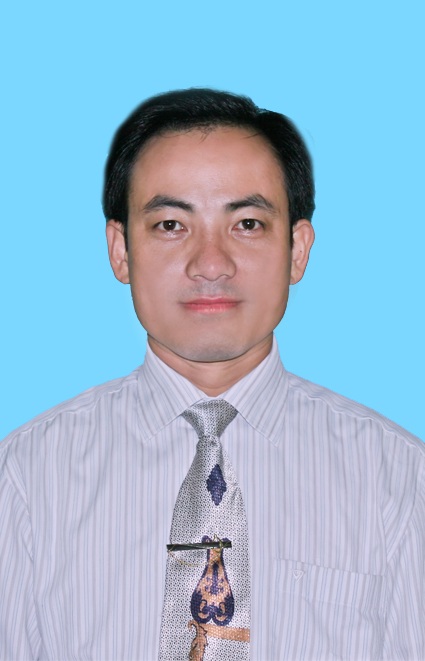
| News words | Meaning | Picture | Example |
| Aquatic /əˈkwætɪk/ (adj) |
Dưới nước | 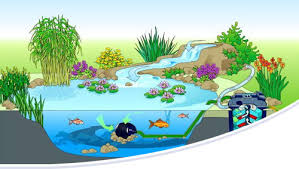 |
The aquatic ecosystem is threatened by water pollution. Hệ sinh thái dưới nước đang bị đe dọa bởi ô nhiễm nước. |
| Chemical /ˈkemɪkl/ (n) |
Chất hóa học | 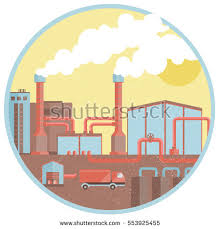 |
Chemical substances from factories are harmful to the environment. Những chất hóa học từ nhà máy có hại đối với môi trường. |
| Contaminant /kənˈtæmɪnənt (n) |
Chất gây ô nhiễm | 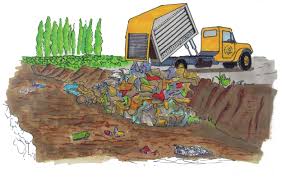 |
They are trying to remove contaminants from the lake. Họ đang cố gắng loại bỏ những chất gây ô nhiễm ra khỏi hồ. |
| Damage /ˈdæmɪdʒ/ (v,n) |
Phá hủy | 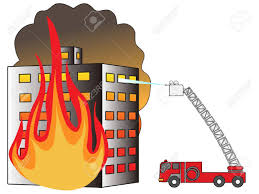 |
The fire badly damaged the building. Ngọn lửa đá phá hủy trầm trọng ngôi nhà. |
| Dead /ded/ (adj) |
Chết | 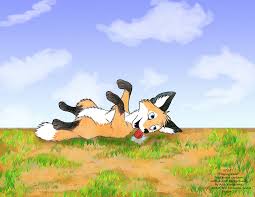 |
Some animals escape danger by playing dead. Một vài loài động vật trốn thoát nguy hiểm bằng cách giả chết. |
| Dirty /ˈdɜːrti/ (adj) |
Bẩn | 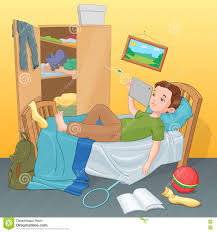 |
Everything in his room was so dirty. Mọi thứ trong phòng của anh ấy đều bẩn. |
| Dump /dʌmp/ (v) |
Đổ rác, vứt bỏ | 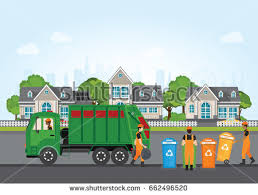 |
People mustn’t dump waste into the sea. Mọi người không được đổ rác xuống biển. |
| Environmental /ɪnˌvaɪrənˈmentl/ (adj) |
Thuộc về môi trường | 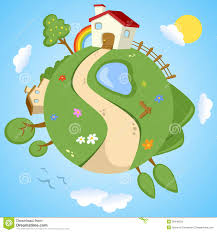 |
We are facing many environmental problems these days. Ngày nay chúng ta đang đối mặt với nhiều vấn đề môi trường. |
| Groundwater /ˈgraʊndwɔːtər/ (n) |
Nước ngầm | 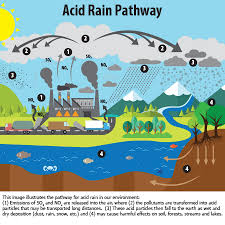 |
People dig well to use groundwater. Mọi người đào giếng để sử dụng nguồn nước ngầm. |
| Herbicide /ˈhɜːrbɪsaɪd/ (n) |
Thuốc diệt cỏ | 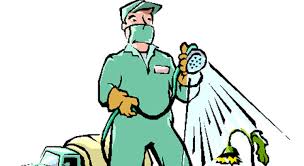 |
Herbicide can pollute the groundwater. Thuốc diệt cỏ có thể gây ra ô nhiễm nguồn nước ngầm. |
| Industrial /ɪnˈdʌstriəl/ (adj) |
Thuộc về công nghiệp | 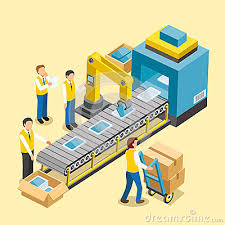 |
Industrial chemicals cause air, water and land pollution. Những chất hóa học công nghiệp gây ra ô nhiễm không khí, nước và đất. |
| Litter /ˈlɪtər/ (n,v) |
Đổ rác, làm bừa bộn | 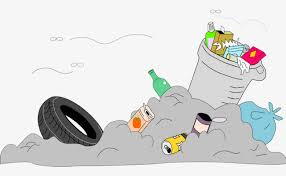 |
The street are littered with rubbish. Những con đường bị đổ đầy rác. |
| Poison /ˈpɔɪzn/ (n) |
Chất độc | 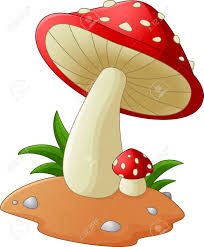 |
Some kinds of mushrooms contain poison. Một vài loại nấm có chứa chất độc. |
| Radioactive /ˌreɪdioʊˈæktɪv/ (adj) |
Phóng xạ | 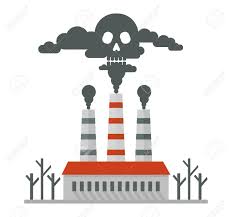 |
Radioactive pollution is not a pollution of our city. Ô nhiễm phóng xạ không phải là vấn đề của thành phố chúng tôi. |
| Stream /striːm/ (n) |
Dòng suối | 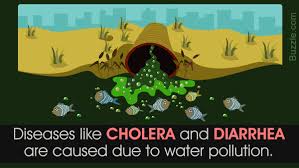 |
Some mountain streams are polluted by acid rain. Một vài dòng suối trên núi đá bị ô nhiễm bởi mưa a-xít. |
| Thermal /ˈθɜːrml/ (adj) |
Nhiệt | 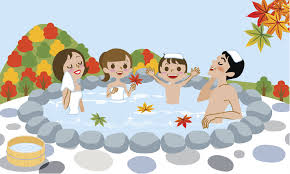 |
Are there any thermal springs in your country? Có suối nước nóng ở đất nước bạn không? |
| Visual /ˈvɪʒuəl/ (adj) |
Thuộc về thị giác | 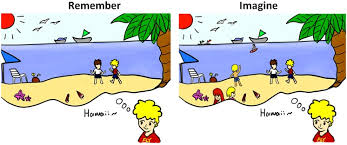 |
Jane has a good visual memory. Jane có một trí nhớ hình ảnh tốt. |
| Định nghĩa | Ví dụ |
| Câu điều kiện gồm có hai phần: mệnh đề chỉ điều kiện (if-clause) và mệnh đề chỉ kết quả (result clause) | If the weather is fine, I will go campingwith my friends tomorrow. (Nếu thời tiết đẹp thì ngày mai tôi đi sẽ đi cắm trại với bạn của tôi.) -> “If the weather is fine” là mệnh đề chỉ điều kiện: “I will go camping with my friends tomorrow” là mệnh đề chỉ kết quả (mệnh đề chính) |
| Mệnh đề IF và mệnh đề chính có thể đứng trước hay sau đều được. | I will go camping with my friends tomorrow if the weather is fine. |
| Chức năng | Dùng để diễn tả điều kiện có thể xảy ra ở hiện tại hoặc tương lai. |
| Cấu trúc | If + S+ V (s/es) + (bổ ngữ) S will +Vnguyên mẫu + (bổ ngữ) (thì hiện tại đơn) (thì tương mai đơn) -> Mệnh đề IF dùng thì hiện tại đơn, mệnh đề chính dùng thì tương lai. |
| Ví dụ | If I have enough money, I will buy a new computer. (Nếu tôi có đủ tiền thì tôi sẽ mua một chiếc máy tính mới.) - If you work hard, you will make a lot of money. (Nếu bạn làm việc chăm chỉ thì bạn sẽ kiếm được nhiều tiền.) |
| Lưu ý |
- If he doesn’t do his homework, his mother will complain. -> Unless he does homework, his mother will complain. - If you don’t send to the hospital, she will die. -> Unless you send her to the hospital, she will die. Có thể dùng các động từ must, have to, can, may, should thay cho will trong mệnh đề chính. Ví dụ: Is It rains heavily, you can stay here. (Nếu trời mưa bạn có thể ở lại đây.) - If you want to see that film, you must buy a ticket. (Nếu bạn muốn xem bộ phim đó thì bạn phải mua vé.) |
| A | B |
| 1. If people keep dumping rubbish into the lake, | a. the groundwater will be poisoned. |
| 2. If the farmers overuse pesticide, | b. if our surrounding environment is polluted |
| 3. Soil erosion won’t happen in an area, | c. they will disappear in the future. |
| 4. if we don’t converse the rainforests, | d. unless we join hands to protect it. |
| 5. Our health will be badly affected | e. the aquatic life will be afflicted. |
| 6. Our environment will be damaged | f. floods will be more and more severe. |
| 7. Is we don’t protect the frontier forests, | g. if people use more public transportation. |
| 8. The amount of carbon dioxide in the atmosphere will be reduced |
h. if people practice sustainable agricultural mad use. |
| Chức năng | - Dùng để diễn tả điều kiện không thể xảy ra ở hiện tại hoặc tương lai, điều kiện chỉ là một giả thiết, mọt ước muốn trái ngược với thực trạng hiện tại. - Dùng để đưa ra lời khuyên. |
| Cấu trúc | If+ S+ V-ed + (bổ ngữ), S+ would + V nguyên mẫu + (bổ ngữ). (thì quá khứ đơn) -> Mệnh đề IF dùng thì quá khứ đơn, mệnh đề chính dùng động từ khuyết thiếu “would +V” |
| Ví dụ | If we were a bird, I wou;d be very happy. (Nếu tôi là một con chim tôi sẽ rất hạnh phúc) -> Tôi không thể là chim được. If I had a million USD, I would buy that cả. (Nếu tôi có một triệu đo la, tôi sẽ mua chiếc xe đó.) -> hiện tại không có. |
| Lưu ý | - Trong câu điều kiện loại 2, ở mệnh đề ‘IF’, với chủ ngữ “ I/he/she/it” ta có thể dùng “were ” hoặc “was” đều được. - Ta cũng có thể dùng “could” hoặc “might” trong mệnh đề chính. WOULD= sẽ (dạng quá khứ của WILL) COULD = có thể (dạng quá khứ của CAN) MIGHT = có thể (dạng quá khứ của MAY) |
| happen | Reduce | save | suffer | Cause |
| throw | Take | be | change | See |
Nguồn tin: Giáo viên: Nguyễn Trung Kiên (sưu tầm)::
Ý kiến bạn đọc
Những tin mới hơn
Những tin cũ hơn
 Video hướng dẫn cấp Phiếu lý lịch tư pháp qua ứng dụng định danh và xác thực điện tử (VNeID) trên địa bàn thành phố Hà Nội.
Video hướng dẫn cấp Phiếu lý lịch tư pháp qua ứng dụng định danh và xác thực điện tử (VNeID) trên địa bàn thành phố Hà Nội.
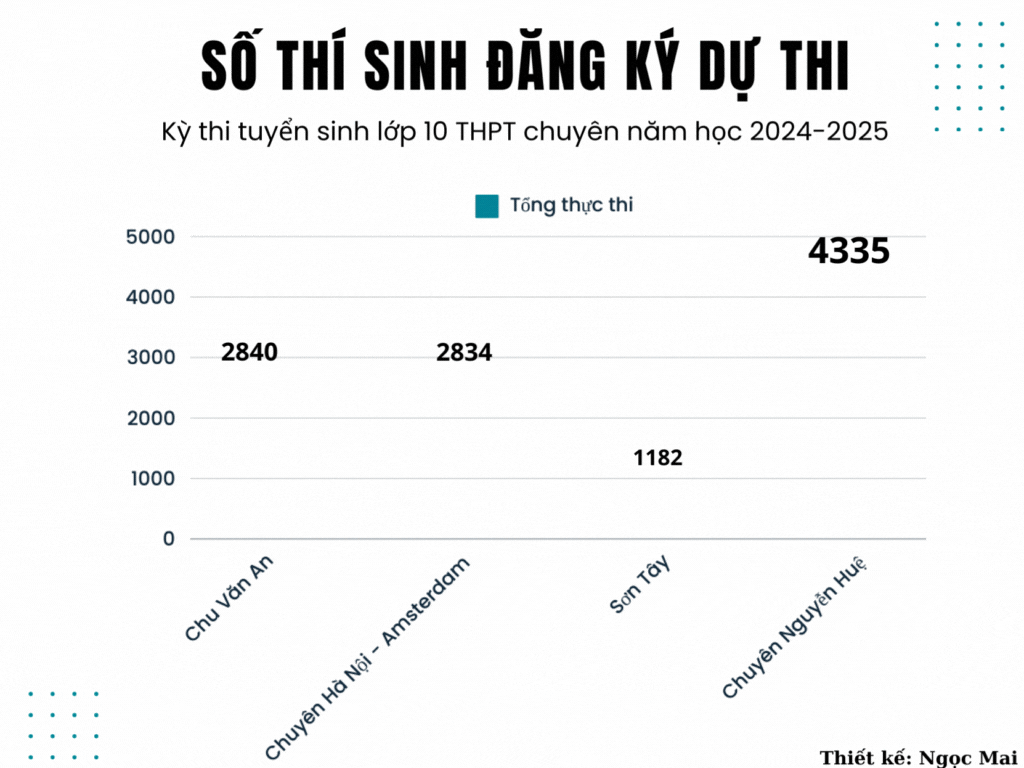 Hà Nội công bố số lượng thí sinh dự thi vào lớp 10 năm học 2024-2025
Hà Nội công bố số lượng thí sinh dự thi vào lớp 10 năm học 2024-2025
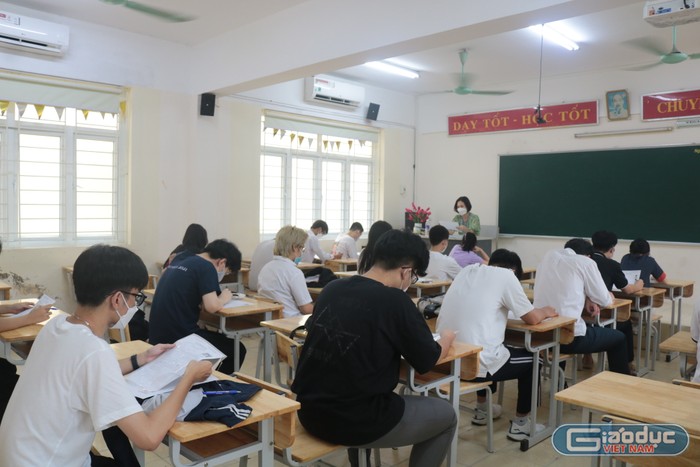 Hà Nội: Cách tính điểm xét tuyển vào 10 trường công lập năm học 2024-2025
Hà Nội: Cách tính điểm xét tuyển vào 10 trường công lập năm học 2024-2025
 Gần 750 học sinh Tiểu học Thanh Oai giao lưu Viết chữ đẹp
Gần 750 học sinh Tiểu học Thanh Oai giao lưu Viết chữ đẹp
 Hội nghị tổng kết hội thi GVG cấp học Mầm non năm học 2023 - 2024
Hội nghị tổng kết hội thi GVG cấp học Mầm non năm học 2023 - 2024